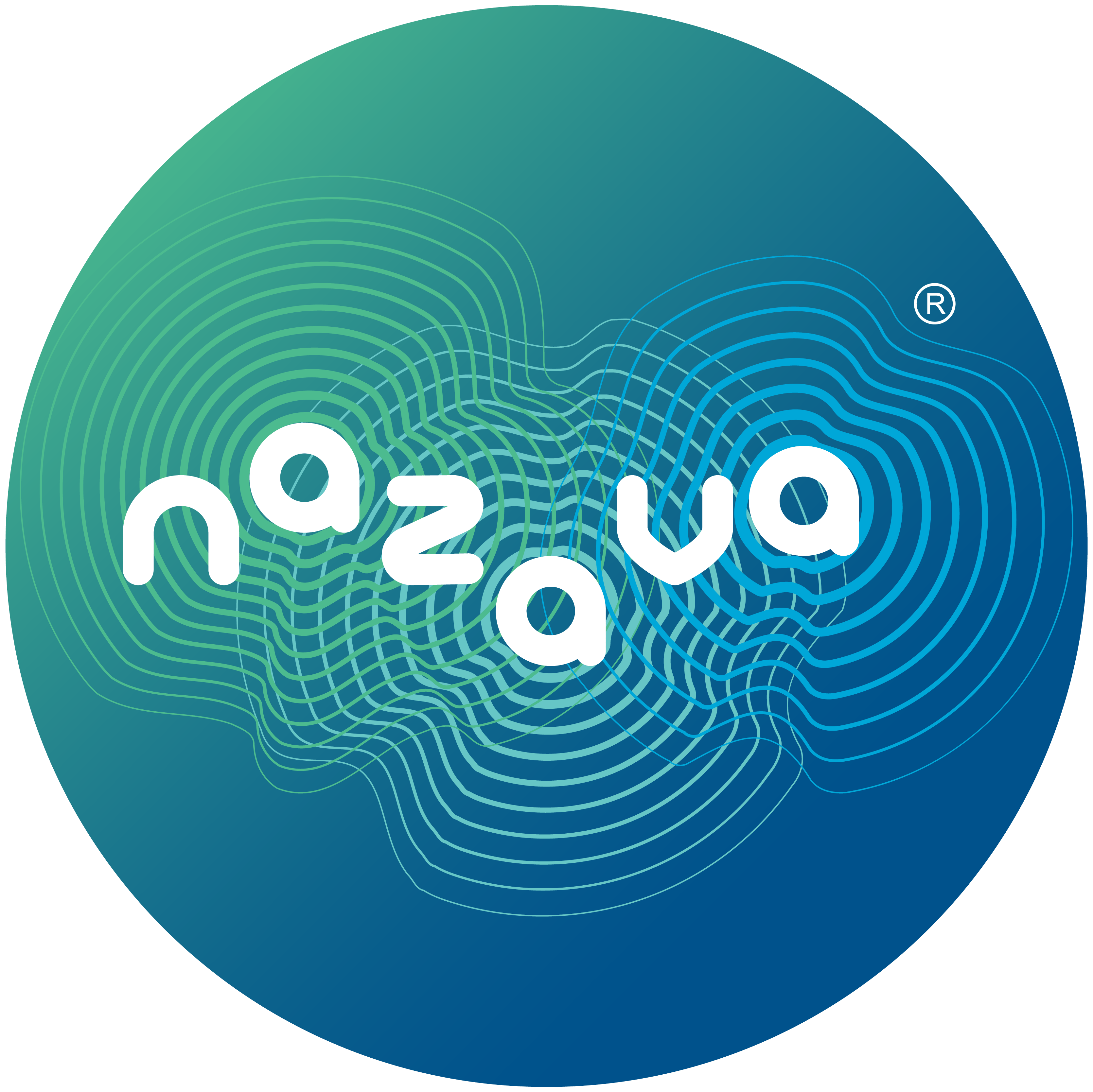Download entire PDD here
Purpose and general description of project
The project activity aims to provide safe drinking water in rural and urban areas of Ethiopia by installing the affordable Nazava water filters. The applied technology is a ceramic water filter that produces water of safe drinking water. Inadequate access to micro-biologically safe drinking water continuously threatens the health and well-being of more than a billion people, primarily in developing countries. In many areas worldwide the central water infrastructure is not available at all, or not reliable, leading to unsafe water at the tap. In such cases, decentralized water treatment can be used. In Ethiopia, only 51% of the population has access to safe drinking water with 92.8% in urban and 41.6% in rural settings. One of the widely used household water treatment method as promoted by Health Extension Workers and Health Development Army is boiling of water. Majority of the households resort to non-renewable sources of energy to boil water for drinking purpose. The project activity intends to improve the access of households and communities to safe drinking water, using a low greenhouse gas emitting water purification technology. The project reduces the use and demand of non-renewable biomass that would have been used to boil the water as a mean of water purification in the absence of the project. This directly leads to reduced greenhouse gas emissions. This project is thus primarily designed for the long-term improvement of the living conditions in rural areas of Ethiopia.
Read more in full document
